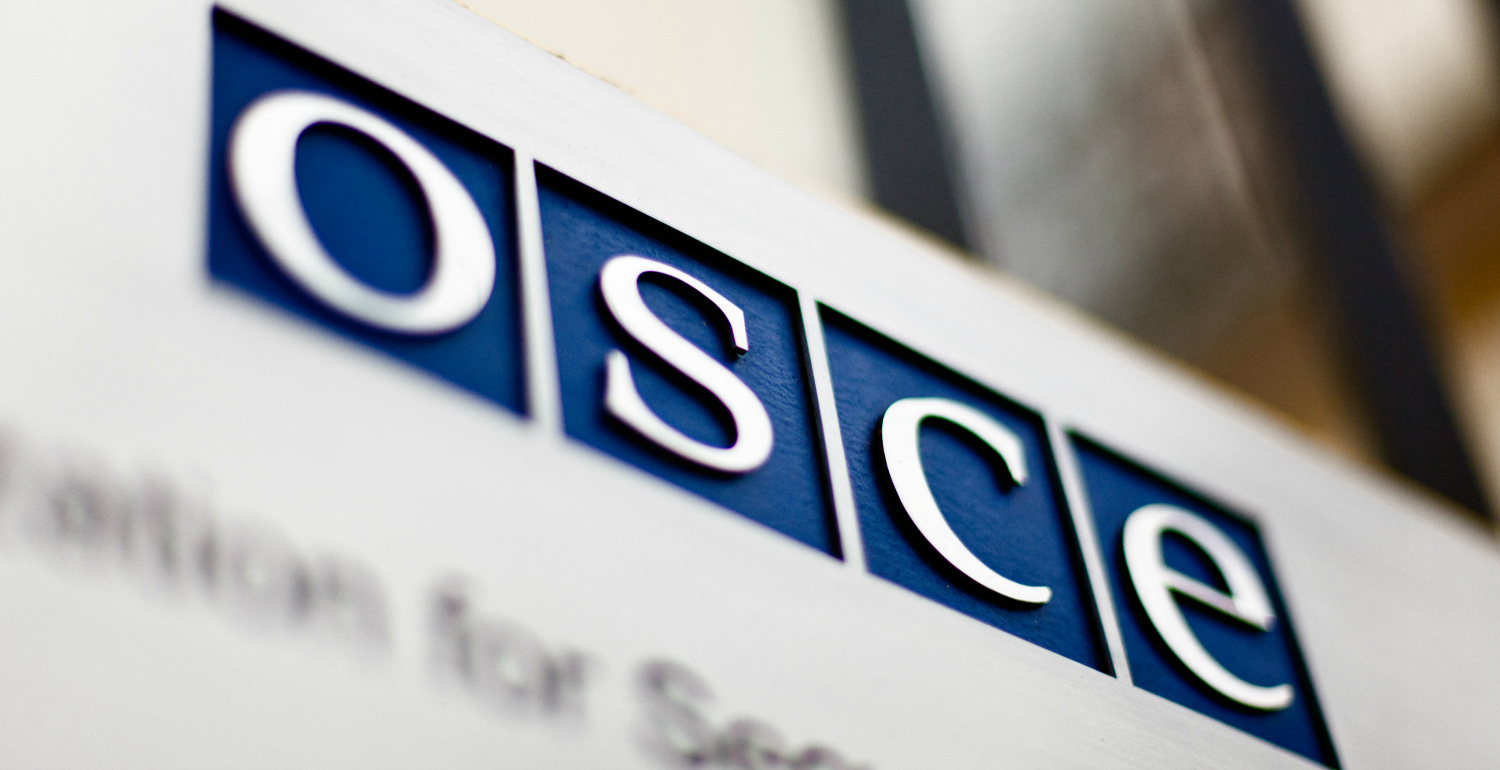By Orest Deychakiwsky,
Policy Advisor
Representatives from a majority of the 56 OSCE participating States and several dozen non-governmental organizations (NGOs) gathered in Copenhagen on June 10-11 to mark the 20th anniversary of the adoption of the 1990 Copenhagen Document and to assess implementation of key provisions of that landmark document.
The anniversary conference, titled “20 years of the OSCE Copenhagen Document: Status and Future Perspectives,” was co-organized by the Kazakhstani OSCE Chairmanship and Denmark, and held at the Eigtveds Pakhus, Danish Ministry of Foreign Affairs.
Michael Haltzel led the U.S. delegation, which was joined by U.S. Ambassador to the OSCE, Ian Kelly and representatives from the OSCE Mission in Vienna, the State Department and the Helsinki Commission.
Five substantive working sessions, reflecting some of the major themes of the groundbreaking Copenhagen Document, were held: Democratic processes – elections and human rights; Rule of Law; National Minorities; Freedom of Movement; and Measures to improve implementation of the human dimension commitments.
Many speakers highlighted the historic importance of the Copenhagen Document, which offered a blueprint for pluralistic democratic development, rooted in the rule of law and protection of human rights, throughout the OSCE region – a revolutionary document at the time and one that remains highly relevant two decades later. The June 1990 Copenhagen Meeting came at a unique time in history when dramatic changes were taking place; the fall of the Berlin Wall and subsequent collapse of one-party regimes in Eastern Europe had taken place only months earlier. And the following year – 1991 — witnessed the emergence of 15 independent states with the dissolution of the Soviet Union. Truly, those were dynamic days during which sweeping new commitments — which would have been impossible to garner consensus for years or even months prior — received universal support. Indeed, it is questionable as to whether consensus to the Copenhagen agreement would be found today, given the democratic and human rights backsliding that has occurred in a number of participating States.
The Copenhagen Document underlines the centrality of political pluralism, civil society and human rights as fundamental elements of functioning democracies. As Ambassador Max Kampelman, the head of the U.S. delegation to the 1990 conference summed it up, “In effect, the Copenhagen document represents the first formal proclamation, by the States themselves, of a Europe both whole and free.” It identified the protection of human rights and fundamental freedoms as one of the basic purposes of government and acknowledged that democracy is an inherent element of the rule of law. Among the achievements of the Copenhagen Document were the far-reaching commitments on democratic elections which laid the groundwork for the OSCE’s future activities with respect to election observation. Copenhagen also represented a significant step forward with respect to the protection of minorities, and for the first time there was a direct reference to Roma and to anti-Semitism.
While participants at the anniversary meeting underscored the significant progress over the last 20 years, many also called for fuller compliance with the Copenhagen commitments, noting, for instance, backsliding in holding democratic elections in some participating States; suppression of civil society, including independent media, NGOs and human rights defenders; the deficit of impartial and independent justice; and the lack of separation of powers – especially the concentration of power in the executive.
The last session of the conference discussed measures to improve implementation of human dimension commitments, including the prevention of human rights violations through the use of reporting before the violations occur; enhancement of standards and commitments; strengthened monitoring mechanisms, including a U.S. proposal to dispatch special representatives to investigate reports of egregious human rights violations and make corrective recommendations before the violations become entrenched; and improved cooperation with, and involvement of, civil society actors in advancing democracy, human rights and the rule of law. Ultimately, however, compliance with existing standards enshrined in the Copenhagen Document, the Helsinki Final Act and all other OSCE commitments remains the primary responsibility of the participating State.










